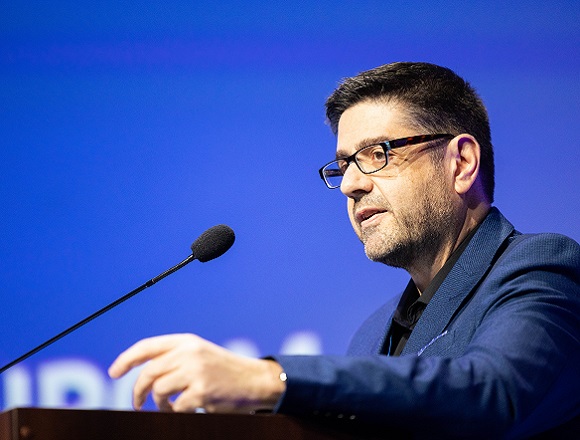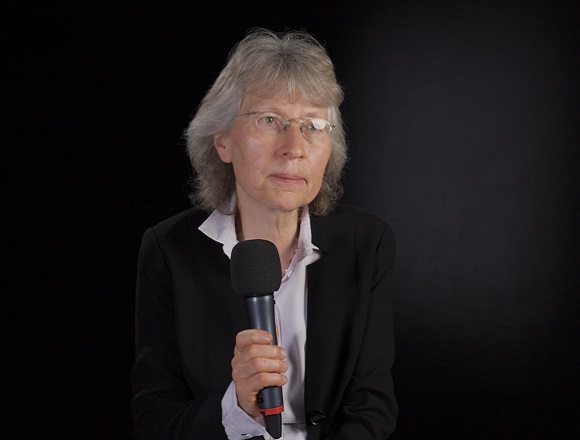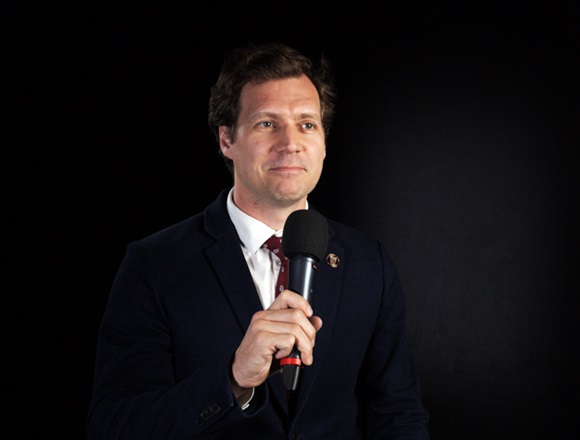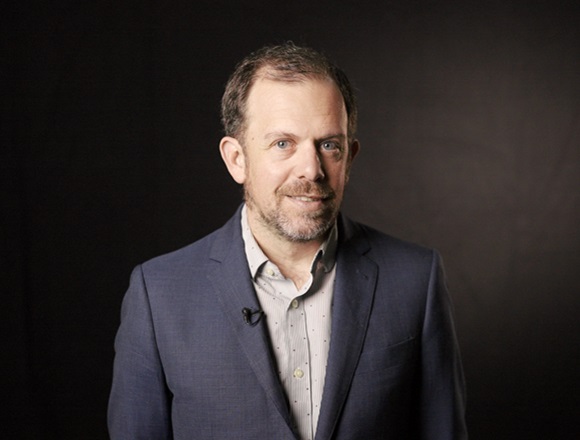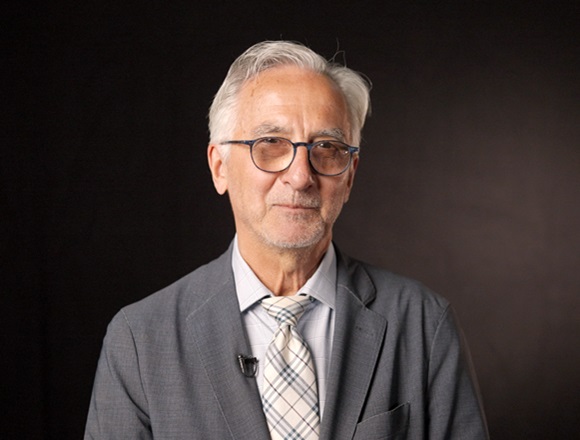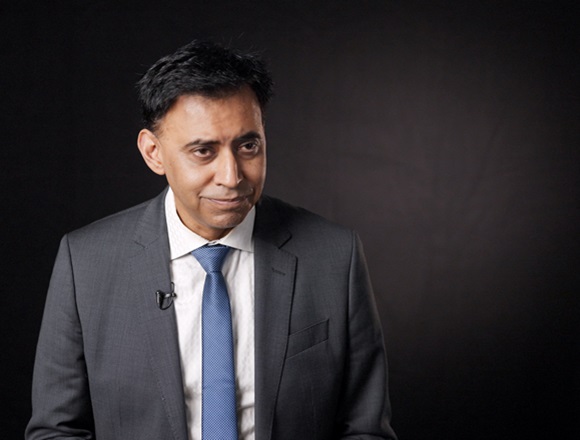Leslie Martin, MD, MHPE, is an assistant professor at McMaster University, Canada. She has been Program Director for the Internal Medicine Residency Program at McMaster since 2021. Her primary research interest involves exploring the impact of assessment on learning through qualitative methodology. Her clinical focus is the care of patients with substance use disorder.
How did the residents react to the implementation of competency-based medical education (CBME)?
Leslie Martin, MD, MHPE: I wish there was a simple answer to that, but I’ll do my best to be brief. I’m Leslie Martin, I’m a general internist at McMaster University in Canada. CBME rolled out in our program ~5 years ago, as we’ve been doing it now for 5 years, but we did a test run for a few years before we started. So, I can speak to my context. I’ve also done some research work, so I can speak to perhaps a bit of our national context, but I will be largely speaking to the experience of Canadian learners and the rollout of CBME.
There were certainly growing pains when it first rolled out. They had to learn a lot about a new platform, new tools, where they would be engaging in direct observation and feedback. And that was both for learners as well as for faculty, so there was a lot of faculty development that was required. That’s why we did that test run period, to try to introduce them to the tools.
I think in our context, because of a lot of that work, it certainly smoothed out the transition to CBME, but we’ve been struggling, and I think across the country, many have been struggling with the implementation end of things, where learners don’t always feel like they see the greatest learning coming through those assessments that are taking place. They feel there’s been a certain increase in the amount of direct observation and feedback that is happening, so it has enhanced that culture, and so they see value in that aspect of it. They see value in highlighting certain really important learning opportunities, so it can act for a bit of a map for them, but the actual assessment and what gets documented leads to a significant amount of stress because they’re worried about collating the number of assessments that they need. And they often find what gets documented isn’t as valuable to their learning process as perhaps the conversations that are happening. And so that stress sometimes undermines what I think the residents perceive as the value of the process.
In our context, we have rolled out coaches, which was very new, so our learners are all paired with individual faculty members who oversee all of their assessment portfolios. And they’ve definitely valued and gotten a lot of joy from those longitudinal relationships because those individuals follow them across the 3 years that they’re in our program. That’s been a real bonus of the rollout that we didn’t have before.
If I take a more national lens, some of the work that I’ve done is I interviewed learners across multiple different programs, not just internal medicine, [but also] surgical training programs, other programs that have used CBME across the country in multiple different institutions. There’s a lot of heterogeneity in terms of people’s experiences and I think that just speaks to the fact that we’ve rolled out the same system across the whole country, but the culture in the individual programs and individual institutions is quite variable, so the success depending on that culture has been different. And I think we can learn from places where it’s gone really well and then work to support a little bit more flexibility across the different places that are implementing the process to hopefully improve the learner engagement and experience that they have with the whole CBME process.
I will make note that obviously the way it’s been rolled out has been different everywhere across the world. This is an international conference and so I’m certainly speaking predominantly to the Canadian experience because some of the decisions that were made were very specific to the Canadian context, and different decisions have been made in different places. So, some similar challenges but a lot of different challenges when we then zoom out to the international lens of CBME.
 English
English
 Español
Español
 українська
українська

